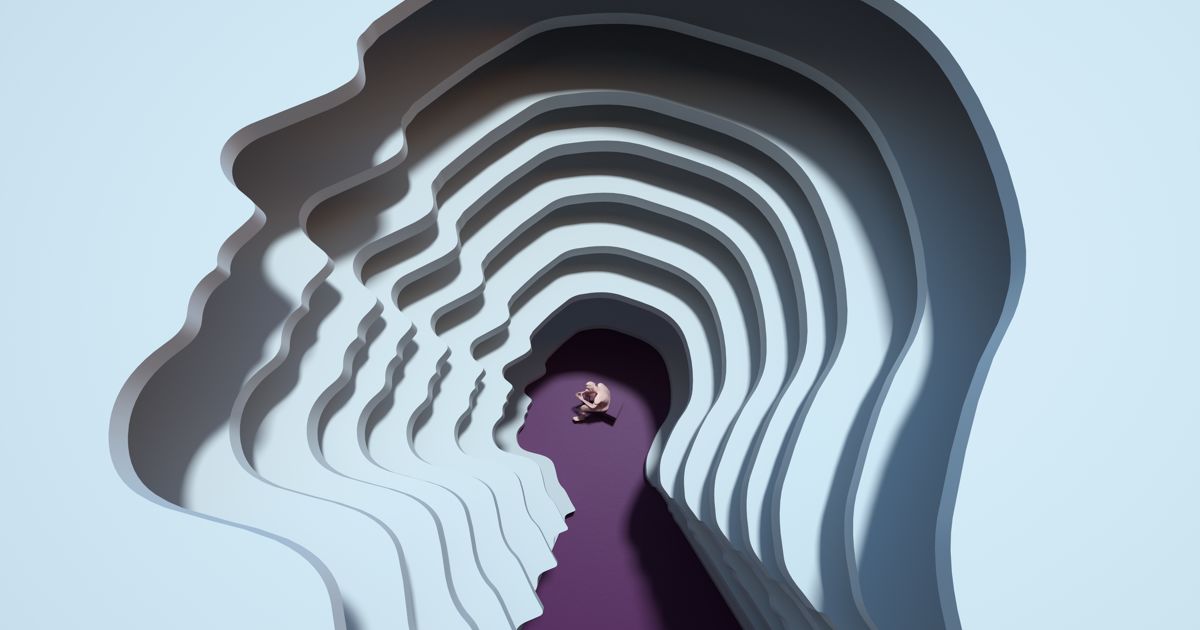Cannes; the festival of insecure overachievers?
As the advertising industry decamps to Cannes The Moon Unit asks whether the success of the festival is because advertising harbours so many brilliantly creative and successful people who are, at the same time, unsure of their own worth.
Let’s look at the psychology of Cannes, and the psychology of success in advertising more generally.
Success is largely a function of talent and motivation. The science on this is clear. And the first part of that equation – talent – is highly genetic, though you can improve your talent by studying and honing your craft over time.
Success is largely a function of talent and motivation.
Within motivation, there’s an interesting divide.
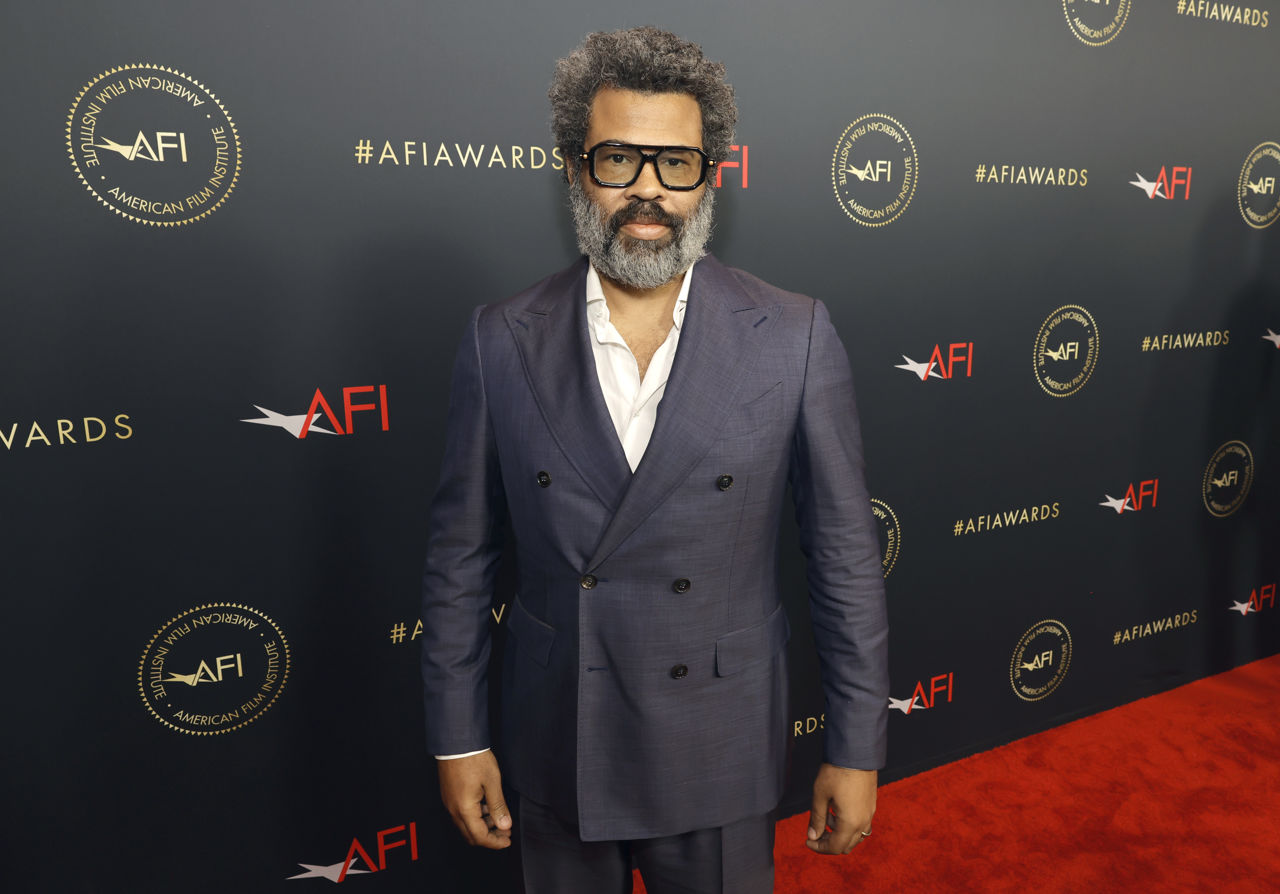
Above: Directors like Jordan Peele seem far keener on expressing their societal and political ideas than they do on winning awards.
Some people perform an activity because they are intrinsically motivated to do so. Directors like Wes Anderson and Sofia Coppola, for example, seem motivated by expressing their own artistic sensibilities. Others, like Ken Loach and Jordan Peele, seem far keener on expressing their societal and political ideas than they do on winning awards.
But others are externally motivated and, in creative fields, that’s a problem because the quality of creative work is highly subjective. There is no ‘proof’ a film or a painting is any good, in the same way there is proof a scientific or mathematical idea is valid.
Cannes is full of exceptionally talented and fiercely ambitious directors and creatives, driven by a deep-seated belief in our own inadequacy.
This explains the success of Cannes. The festival provides the external validation many of us crave – a statue that proves we are worth something. Either gold, silver or bronze.
Cannes is full of exceptionally talented and fiercely ambitious directors and creatives, driven by a deep-seated belief in our own inadequacy. The high-performers in advertising are classic ‘insecure overachievers’, the creative equivalents of the personality-types found in other high-pressure/high-reward fields such as management consulting, law and investment banking.
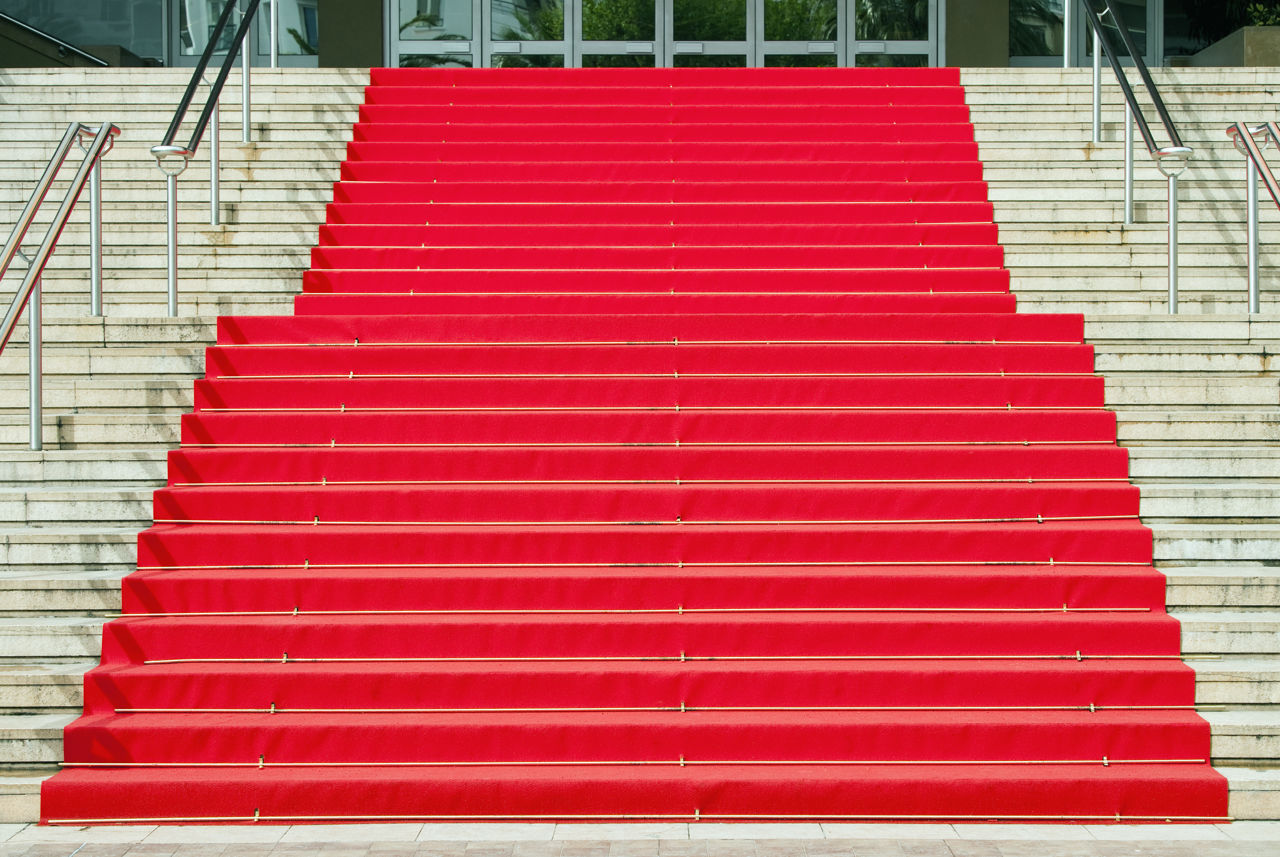
Above: The Cannes Lions festival provides the external validation many of us crave.
The ‘overachievers’ descriptor is self-evidently true. Creative industries like ours offer the most aspirational of roles and winning at Cannes – or even having something entered – puts you among the best in the world at one of the most desirable jobs in the world.
But the ‘insecure’ moniker is more interesting. Insecure people are drawn to competitive fields because they offer an opportunity to prove yourself. If you’re insecure, you crave signs that you are a valid and worthwhile person, and laid-back jobs don’t provide these signals.
The notion that Cannes is full of insecure overachievers may partially explain why people party so hard.
Insecurity usually begins in childhood and it only emerges if both of two factors are present. First, a predisposition to sensitivity. Insensitive people are almost never insecure, because they don’t worry about how others perceive them. Secondly, it requires the presence of certain childhood experiences, such as a parent who withholds praise, or sets unreasonably high standards, or makes unhelpful comparisons between siblings.
The notion that Cannes is full of insecure overachievers may partially explain why people party so hard at the festival. Yes, we use alcohol and – ahem… certain other substances – to bond with friends and colleagues and to celebrate successes, but we also use it to manage anxiety.
Insecure overachievers may suffer from elevated anxiety levels at the best of times so, going to Cannes, a place where we’re stressed about whether we’re going to win or not, where we’re literally being judged, and where we find ourselves in the presence of so many other insecure overachievers, could certainly heighten that anxiety.
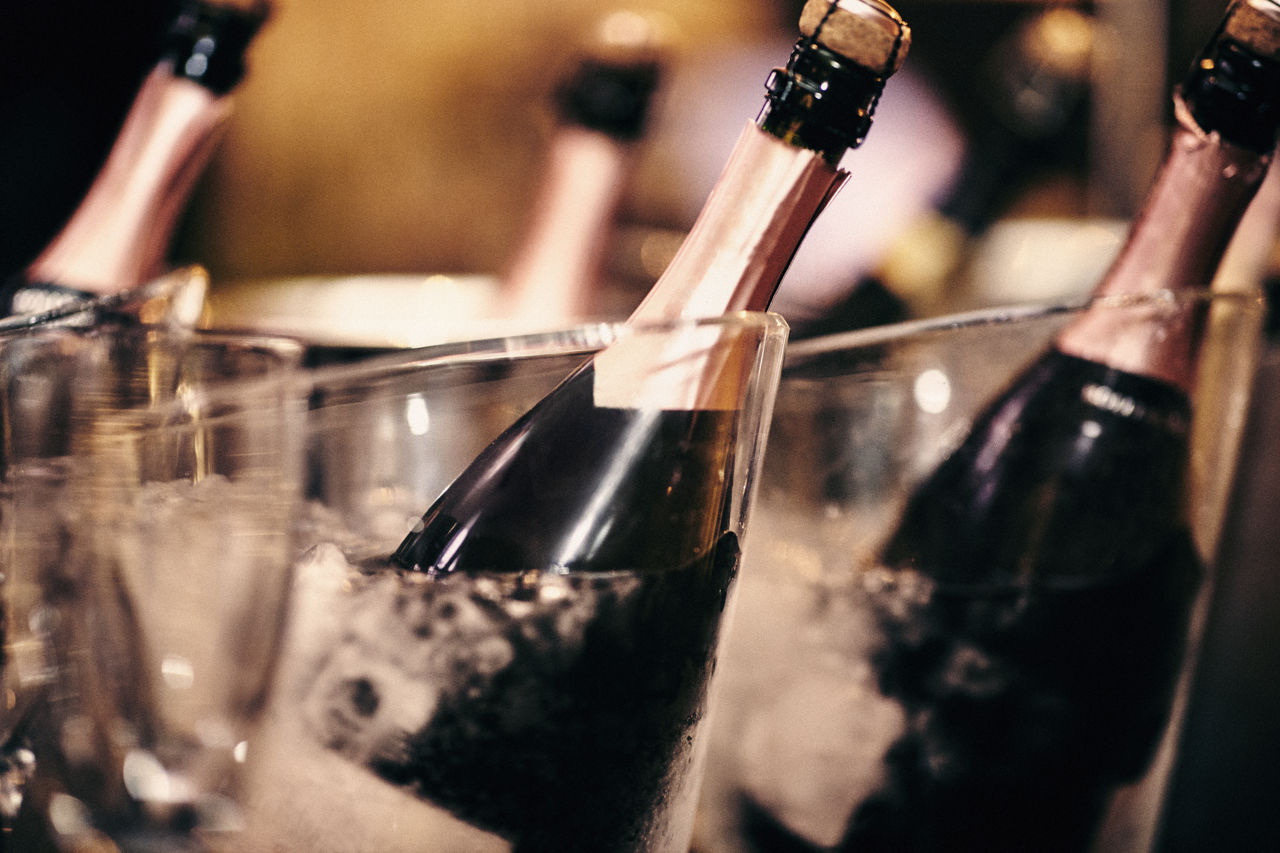
Above: Cannes is the worldwide capital of enormous bottles of rosé. Are we using them to manage our anxiety?
There are, of course, positives to being an insecure overachiever. Most obviously, it can lead to success. Where would the world be without the great works of art created by people who felt they had something to prove? But there can be a dark side to the insecure-overachiever personality. A dependence on unhealthy coping mechanisms, a feeling of never being satisfied, and – potentially – burn-out.
Disturbingly, artists and writers are 18 times more likely to commit suicide than the general population.
The risk is that if you define success in terms of the judgement of others (e.g. people who sit on advertising juries) you’re forfeiting control over your own happiness.
Disturbingly, artists and writers are 18 times more likely to commit suicide than the general population. It may be impossible for many of us to step back from being insecure overachievers, at least during our most career-intense years (the phenomenon seems to mellow with age), but we can benefit from at least being aware of it.
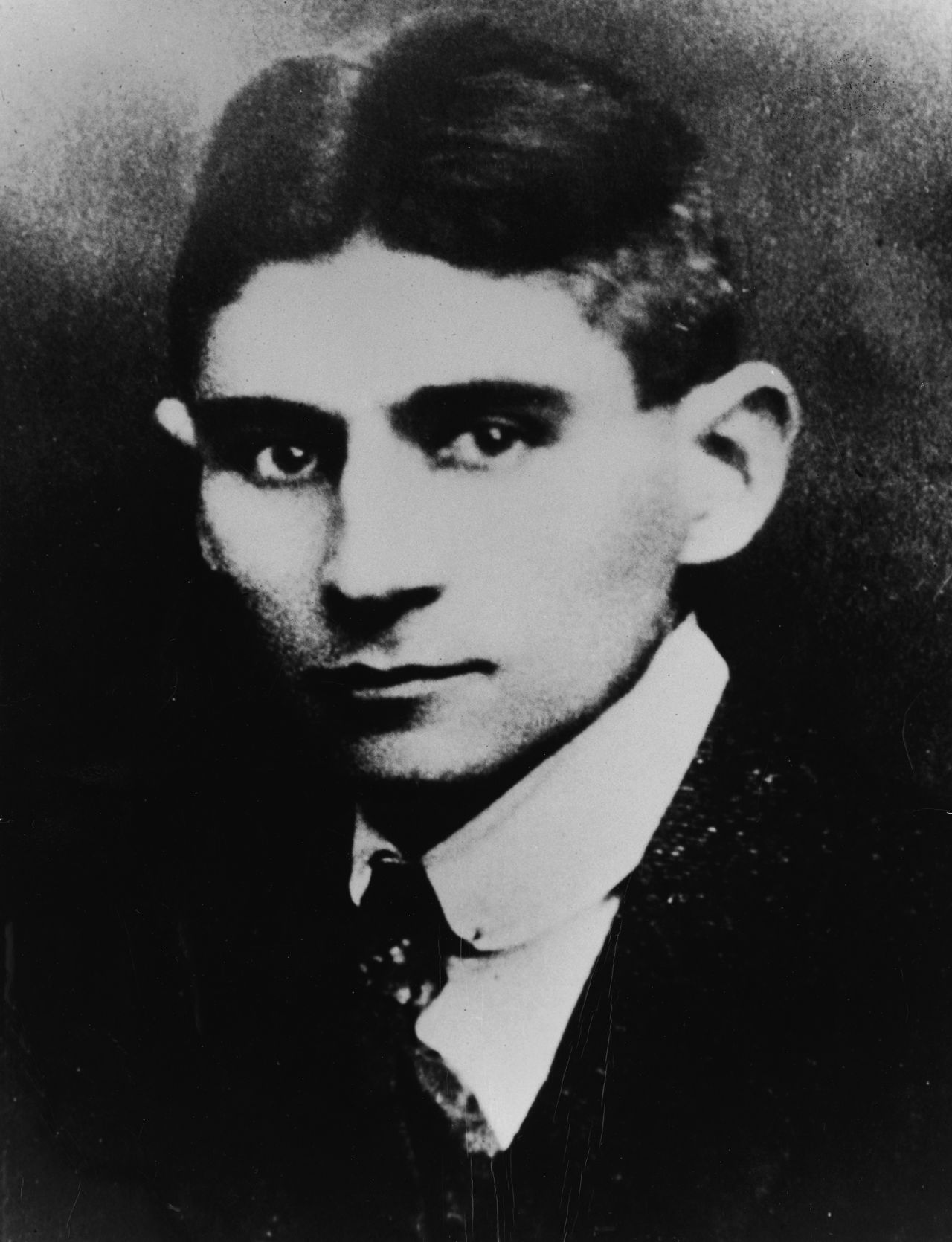
Above: Franz Kafka was apparently so insecure, he didn’t want any of his novels to be published.
Once we have achieved a goal, such as winning a Cannes Lion, we insecure overachievers will tend to quickly discount it, because the win actually threatens the image we have built of ourselves. If we didn’t constantly feel not-good-enough and weren’t continually striving to do better, then who would we be?
If we didn’t constantly feel not-good-enough and weren’t continually striving to do better, then who would we be?
So, let’s be wise to this trap. If our film wins Lions at Cannes, let’s respect this as evidence of our worth and celebrate it. And, if it’s a year when we didn’t win anything, let’s remind ourselves it doesn’t mean we are worthless.
Winning a Cannes Lion is nice, but our self-worth is worth far more.
)

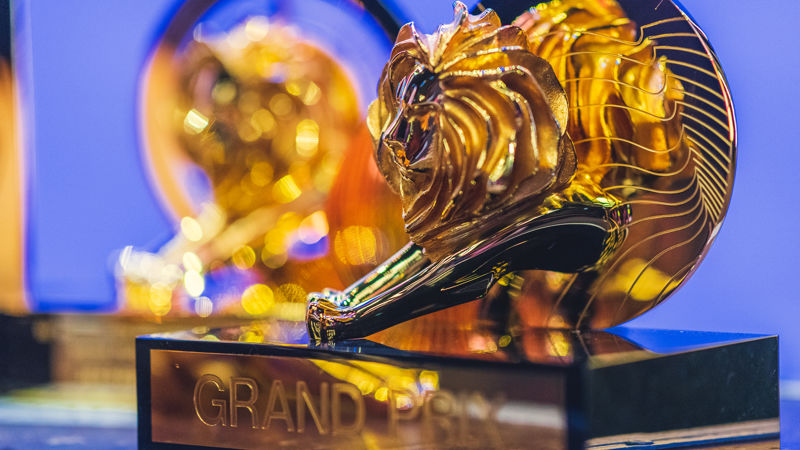


 + membership
+ membership







